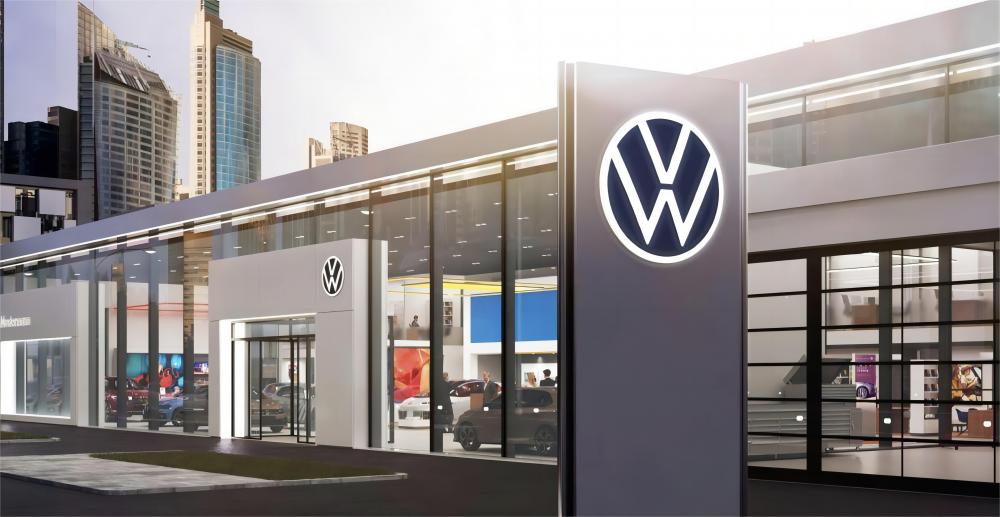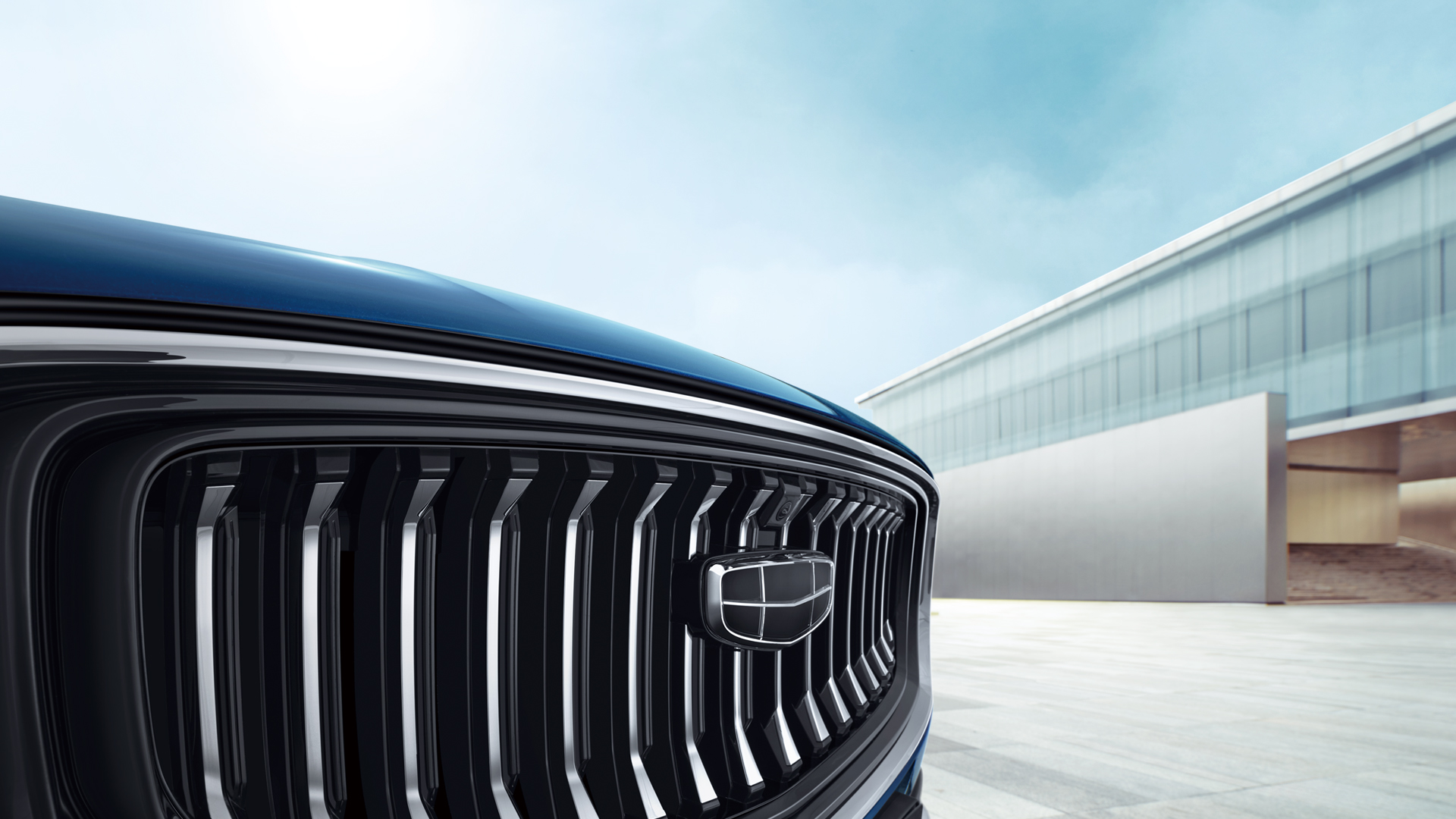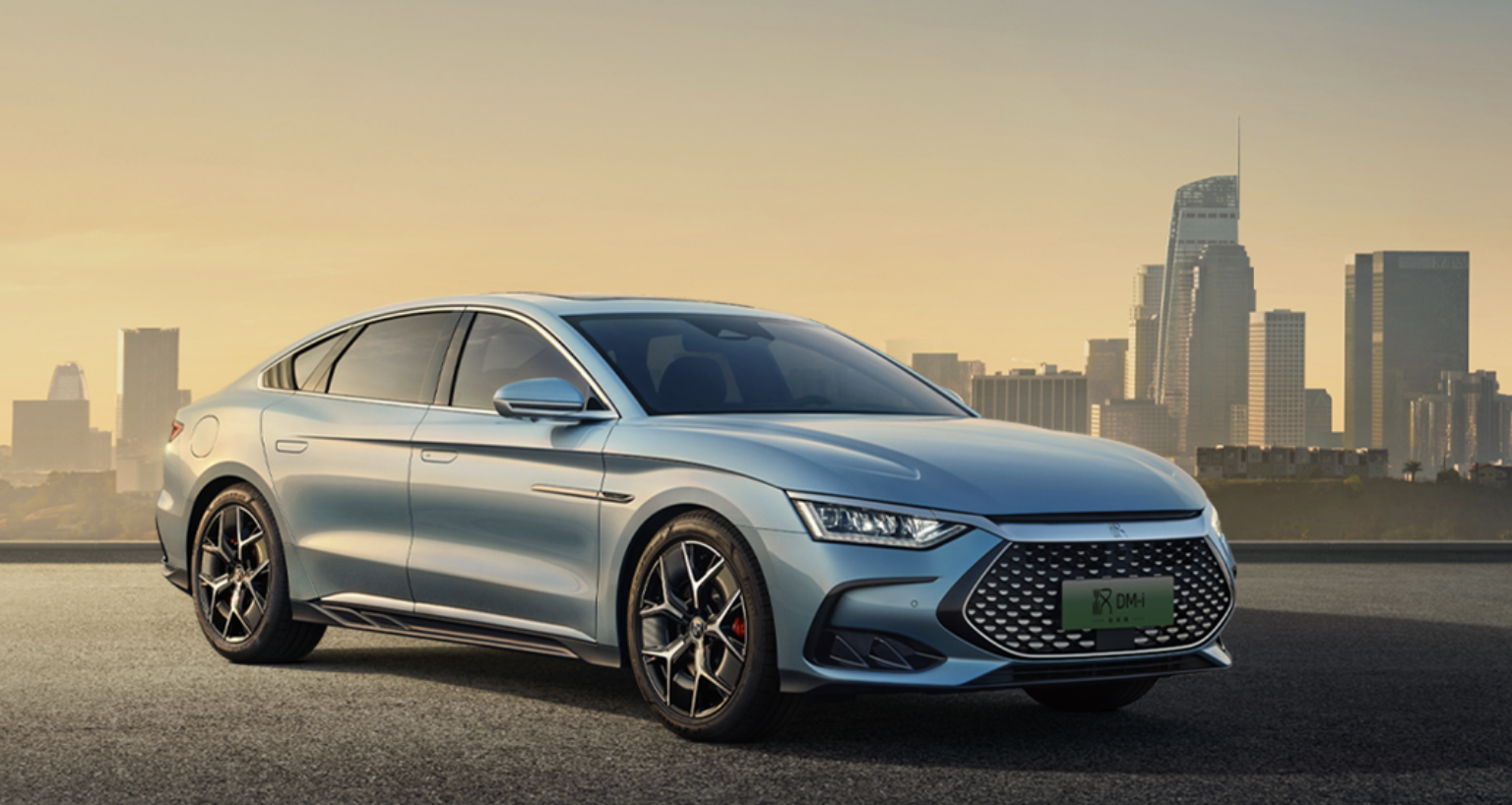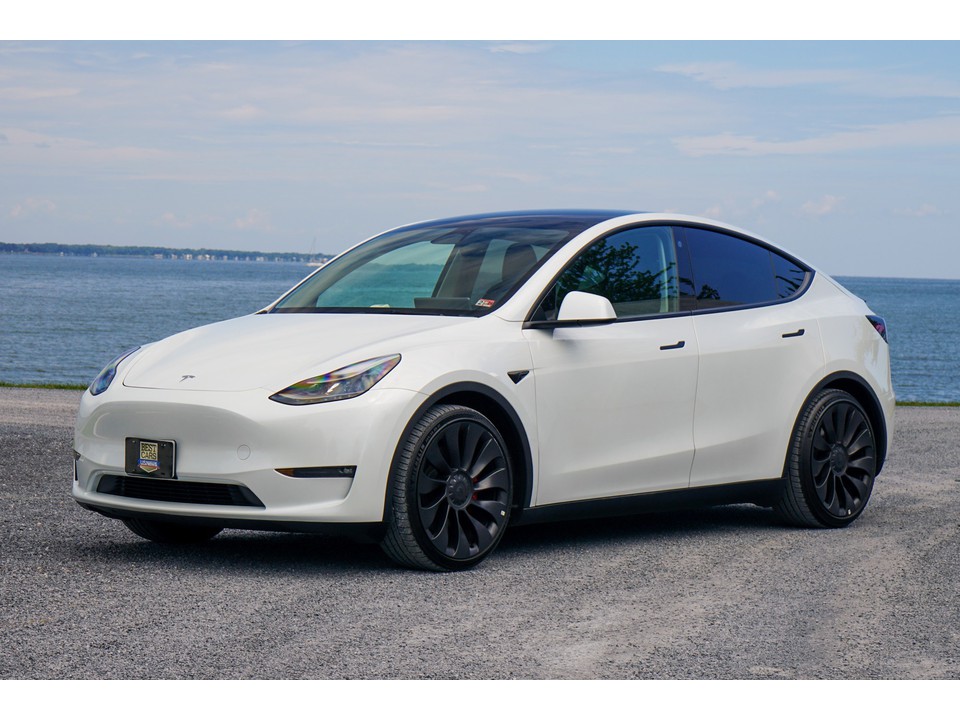Foreign-funded enterprises continue to "increase positions" in China
Tesla built a new energy storage super factory in Shanghai, BMW will start production of new-generation pure electric models in Shenyang, and Siemens expanded its industrial automation product manufacturing base in China in Chengdu...In the first half of this year, multinational technology companies continued to increase their stake in the Chinese market. At the same time, executives of many foreign-funded enterprises have come to China to investigate and look for opportunities in the Chinese market, and the "magnetic attraction" of the Chinese market has not diminished.

Automobile is a typical globalized industry. Tesla is the first wholly foreign-owned new energy vehicle manufacturer established in China. In 2022, more than half of the cars will be produced in China, one-third of the cars will be sold in China, and two-thirds of the cars will be exported to countries around the world. This is a microcosm of the comprehensive opening up and accelerated development of China's new energy automobile industry.
In April this year, Tesla announced that it will build a new energy storage super factory in Shanghai to produce ultra-large commercial energy storage batteries. The initial plan is to produce 10,000 commercial energy storage batteries per year, with an energy storage scale of nearly 40GWh (gigawatt hours). It is planned to start construction in the third quarter of this year and put into production in the second quarter of 2024. In May, the BMW sixth-generation power battery project located in the Shenyang Economic and Technological Development Zone in Liaoning was fully started. The BMW Group announced that it will start production of a new generation of pure electric vehicles in Shenyang from 2026. vehicle type. Also this month, Volkswagen (China) Technology Co., Ltd., a new company wholly owned by Volkswagen Group, settled in Hefei with a total investment of about 1 billion euros.


Bosch Group, the world's largest automotive technology supplier, announced earlier this year that it will invest in the establishment of a Bosch new energy vehicle core component and autonomous driving R&D and manufacturing base in Suzhou. It plans to invest a total of about 7 billion yuan in the project in the next few years. PPG, a world-renowned supplier of coatings and special materials, invested 30 million US dollars in the electric vehicle and smart travel innovation application center to settle in Tianjin and put into use. Hyundai Motor Group's first overseas hydrogen fuel cell system production base in Guangzhou will be completed and put into production this year.
China is becoming an important source of innovation. Recently introduced foreign investment projects are no longer limited to the construction of production and manufacturing bases, but also the establishment of R&D centers and innovation centers in China, becoming an important force in building a global open innovation ecosystem.

 Russian
Russian




